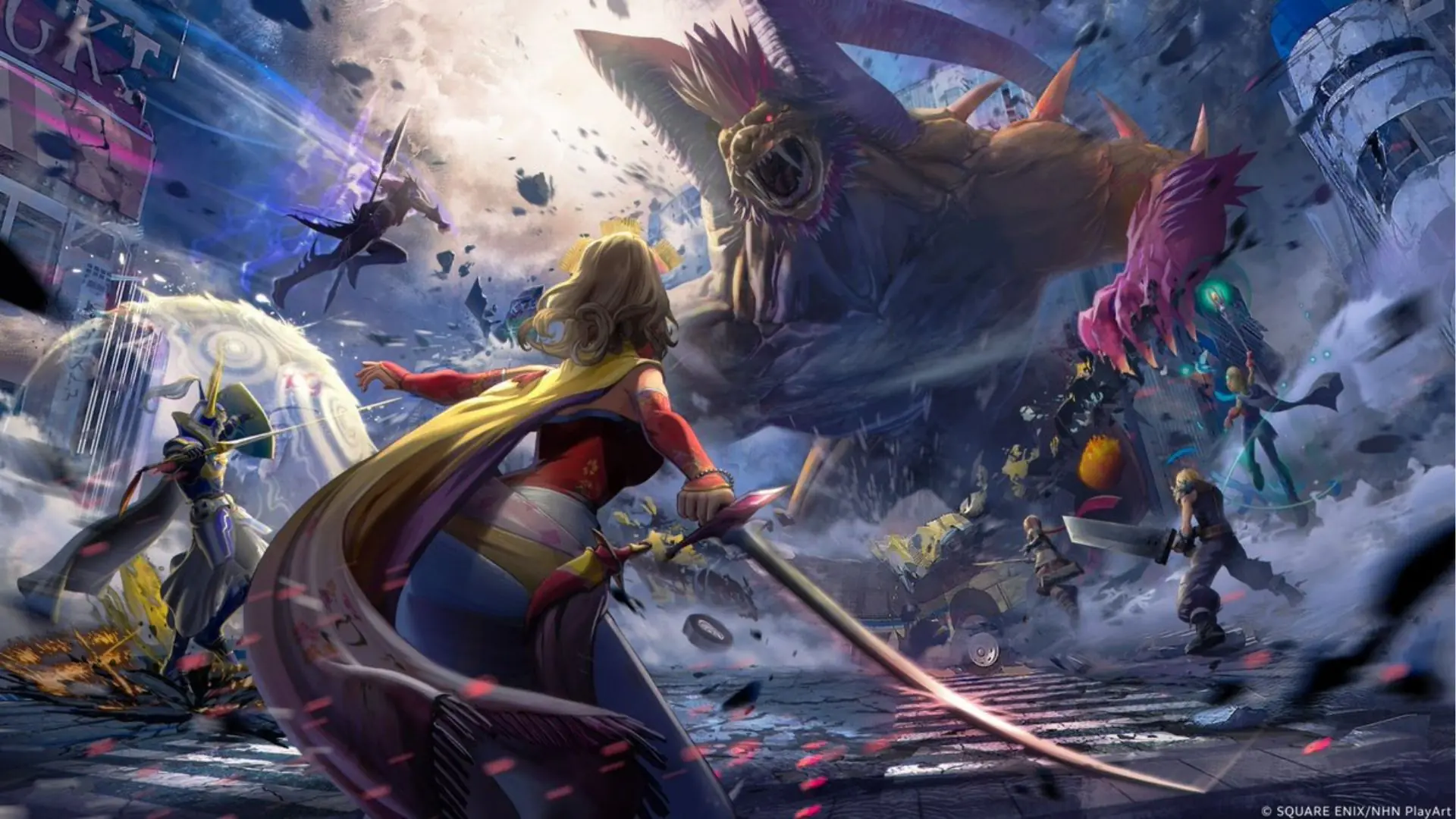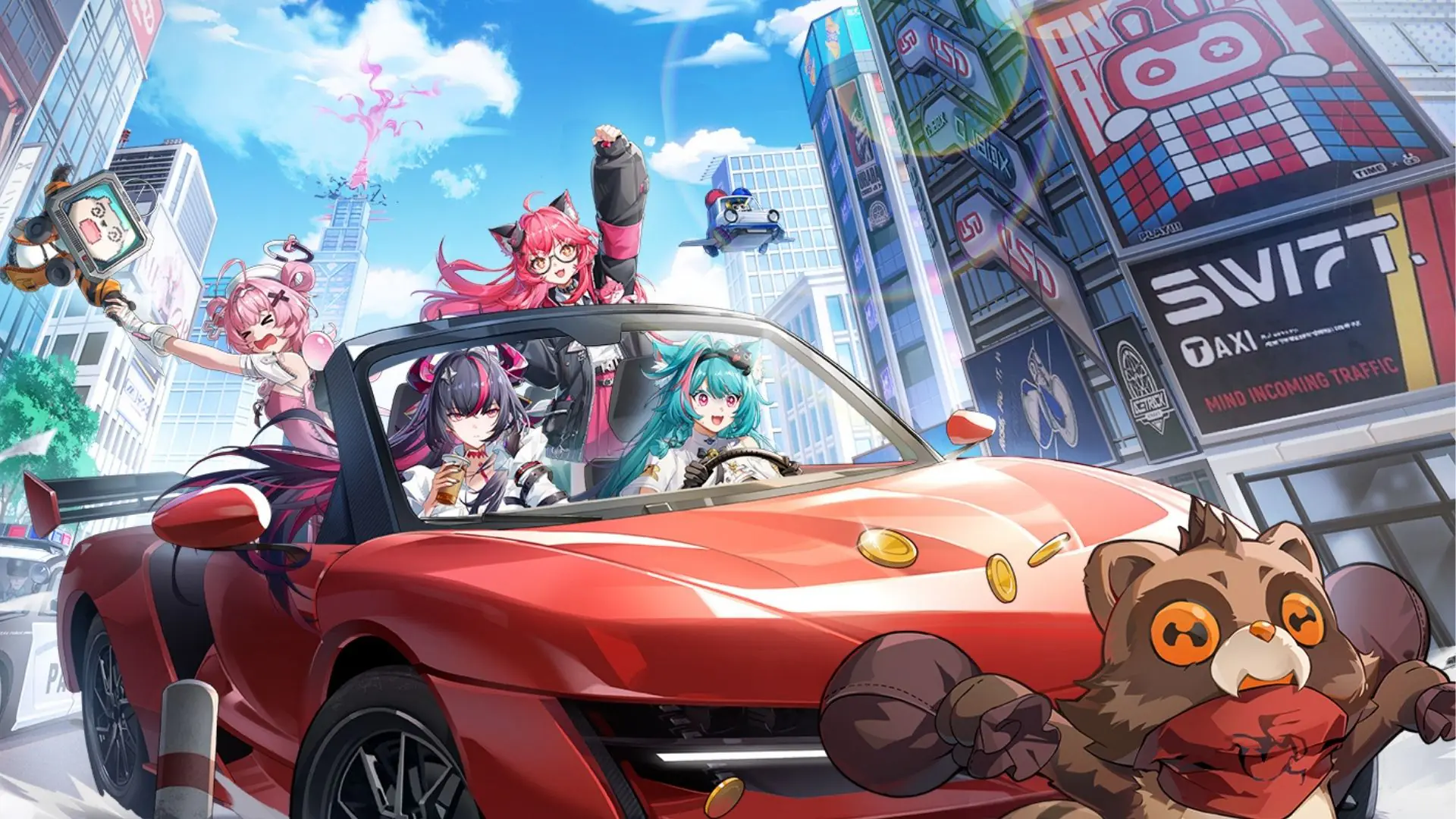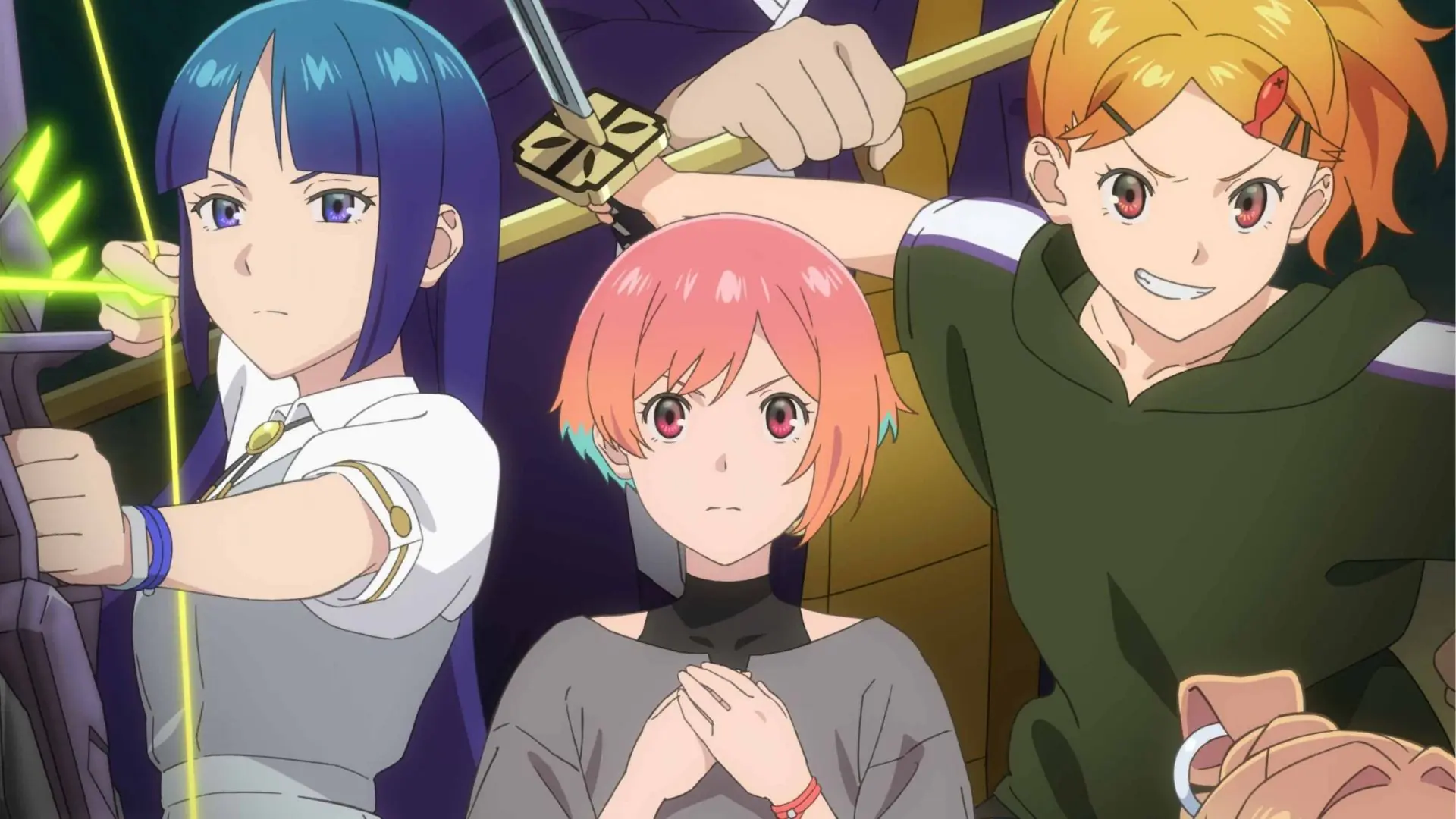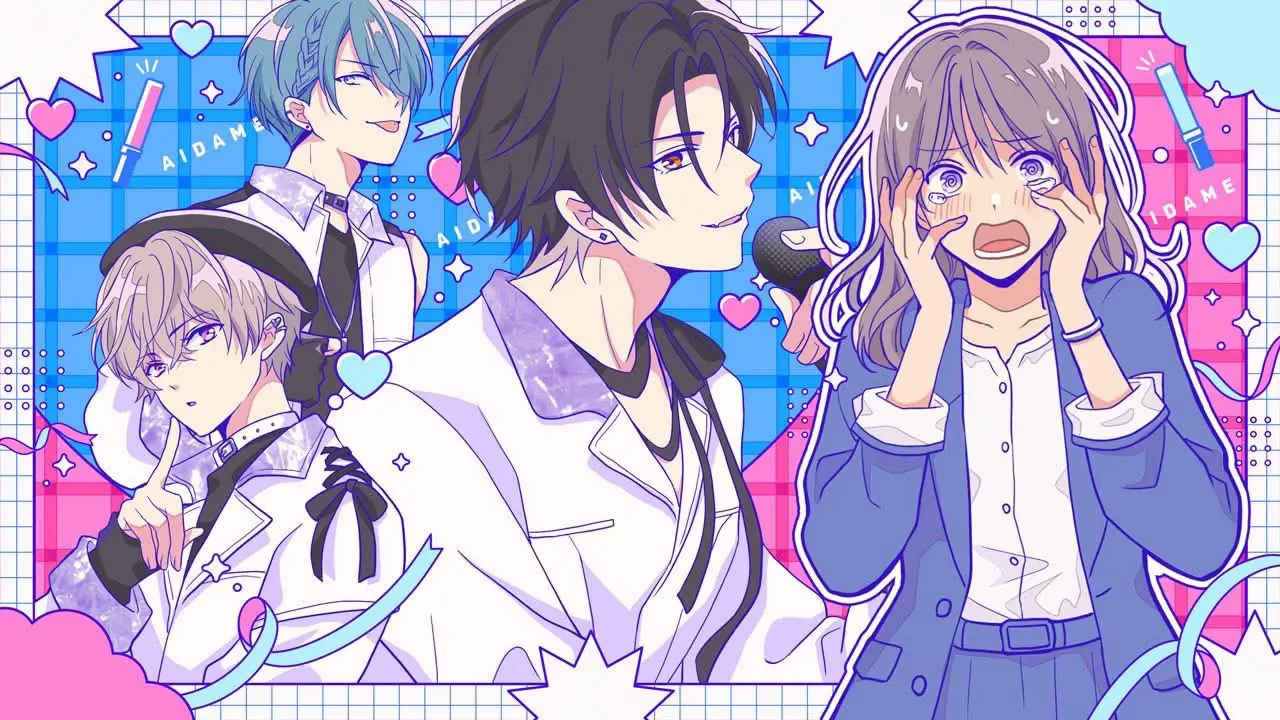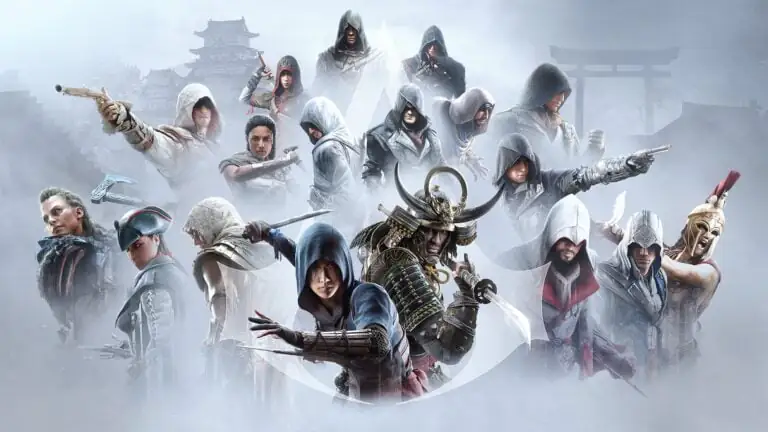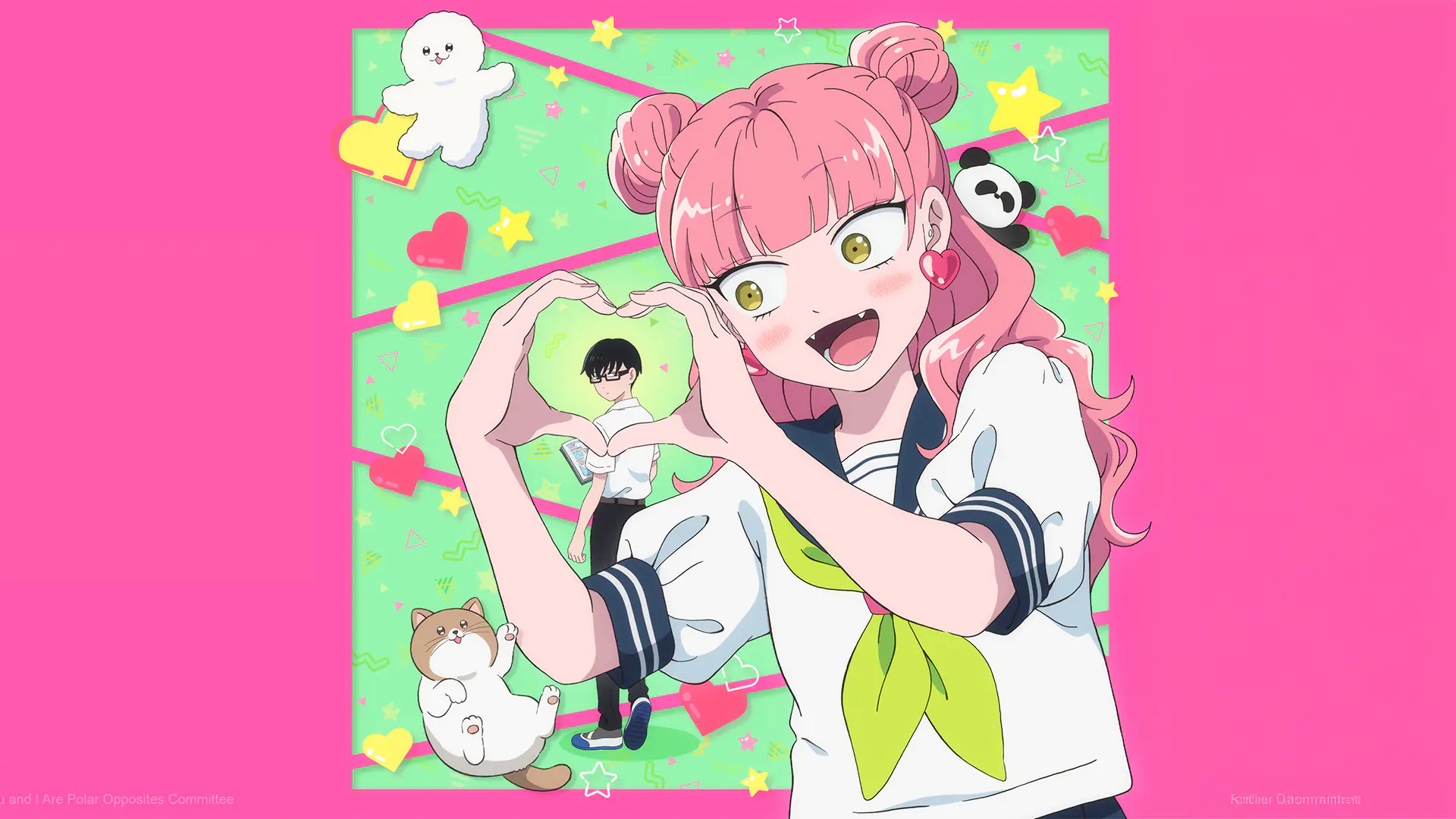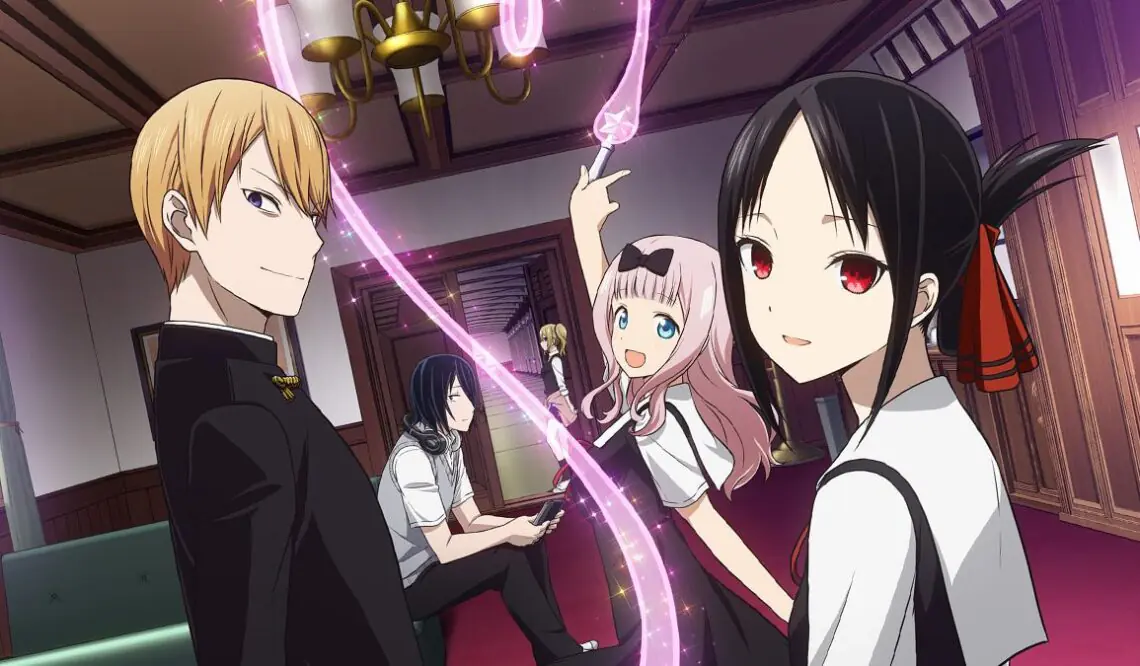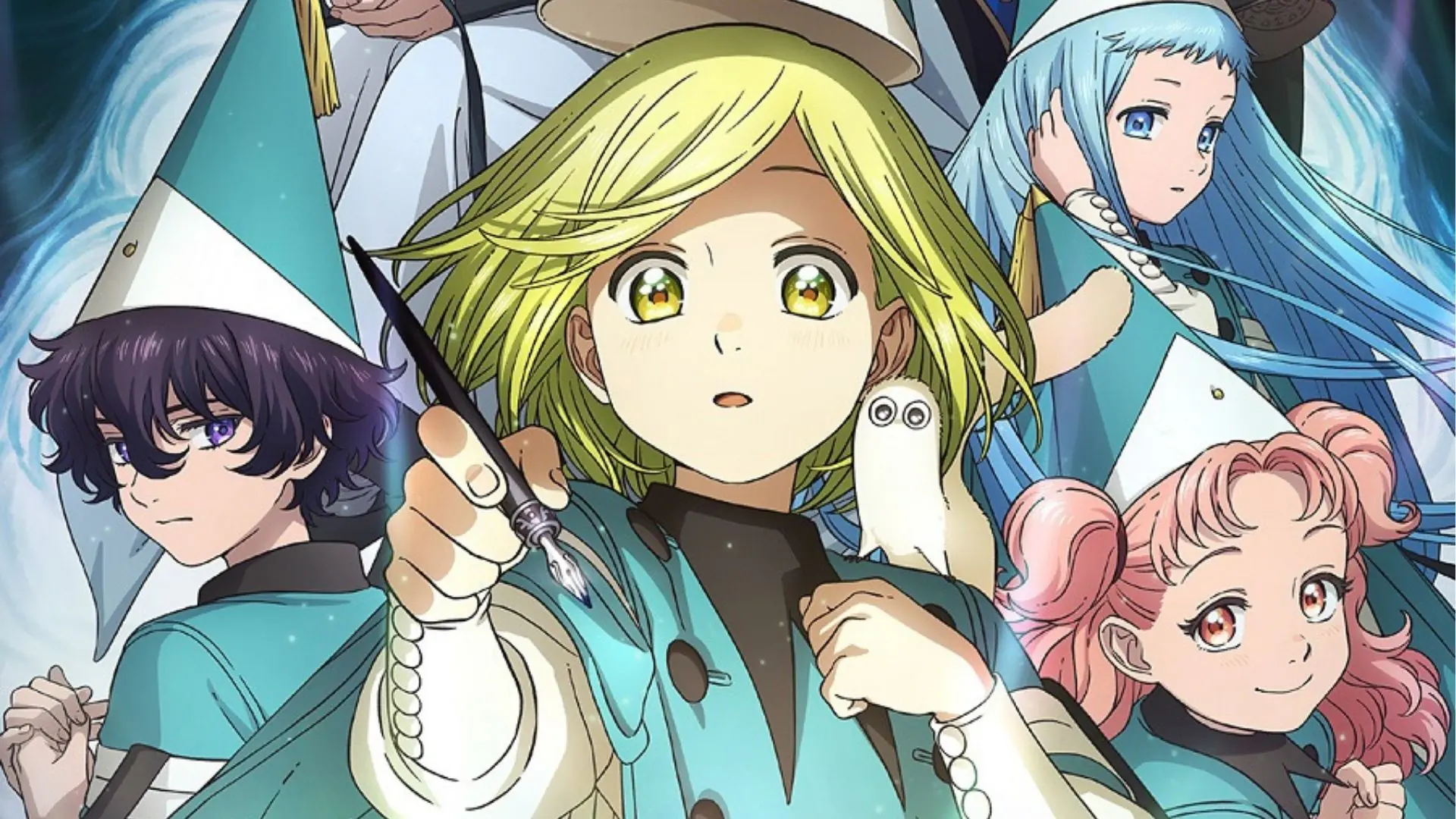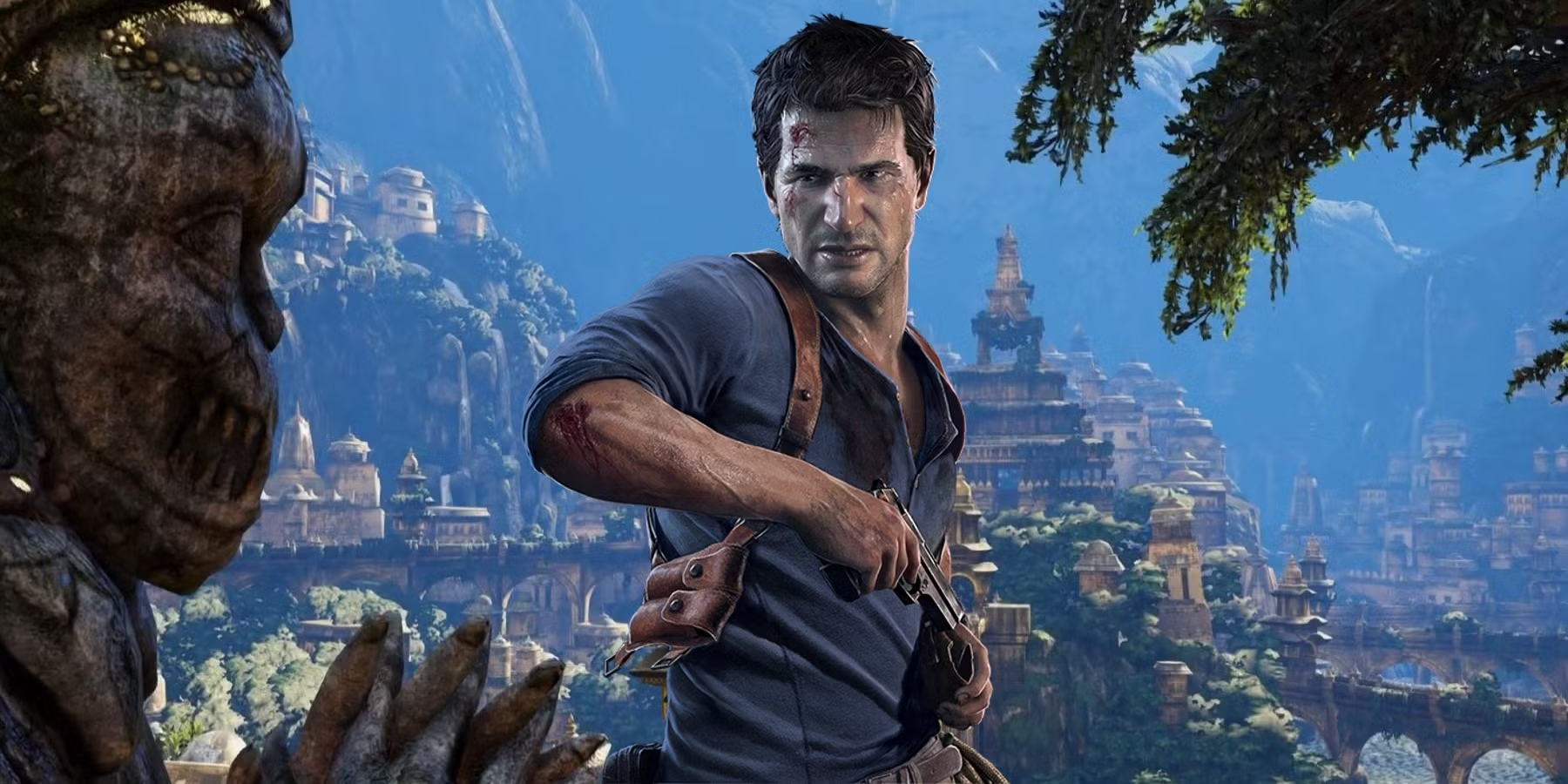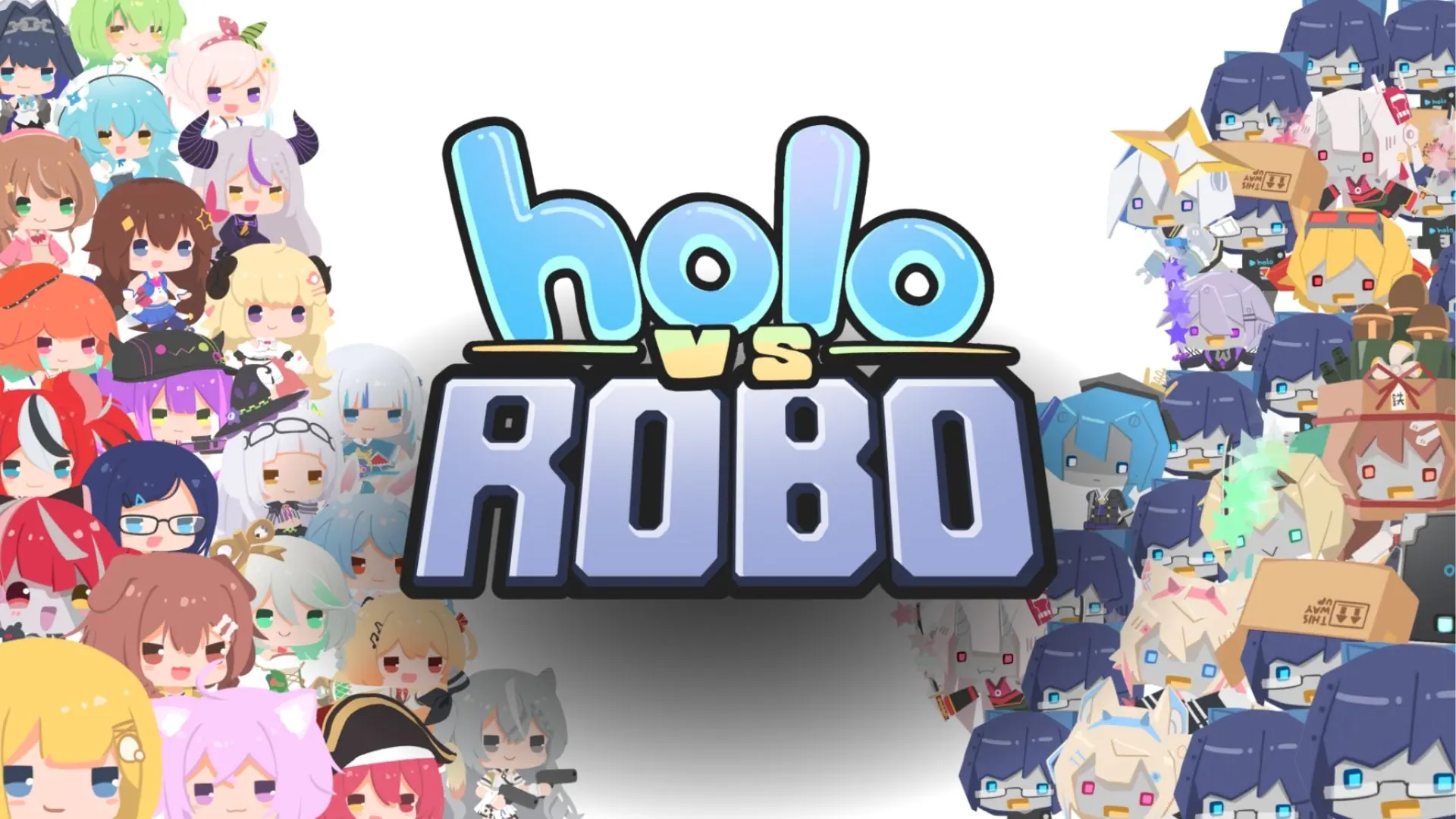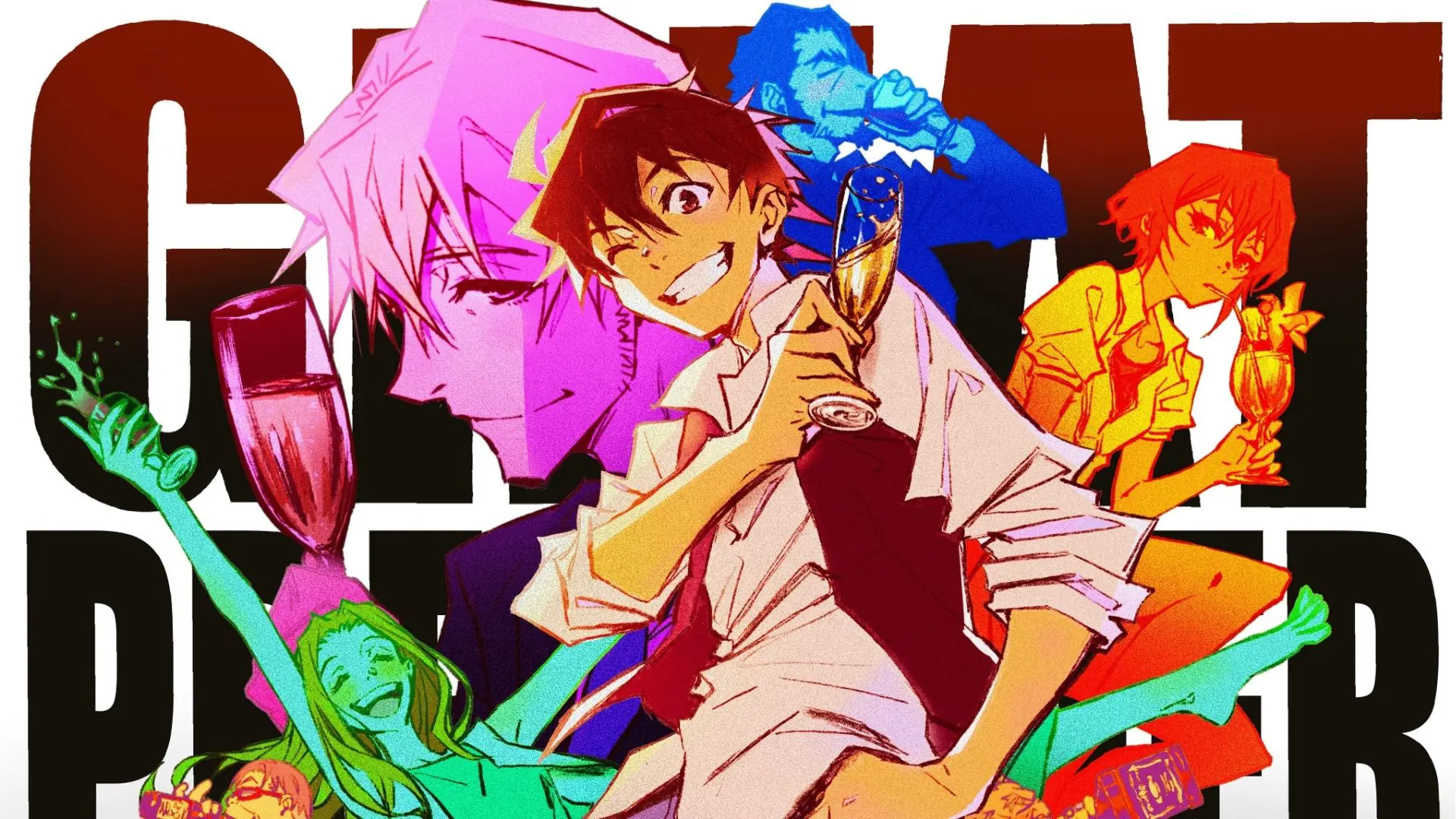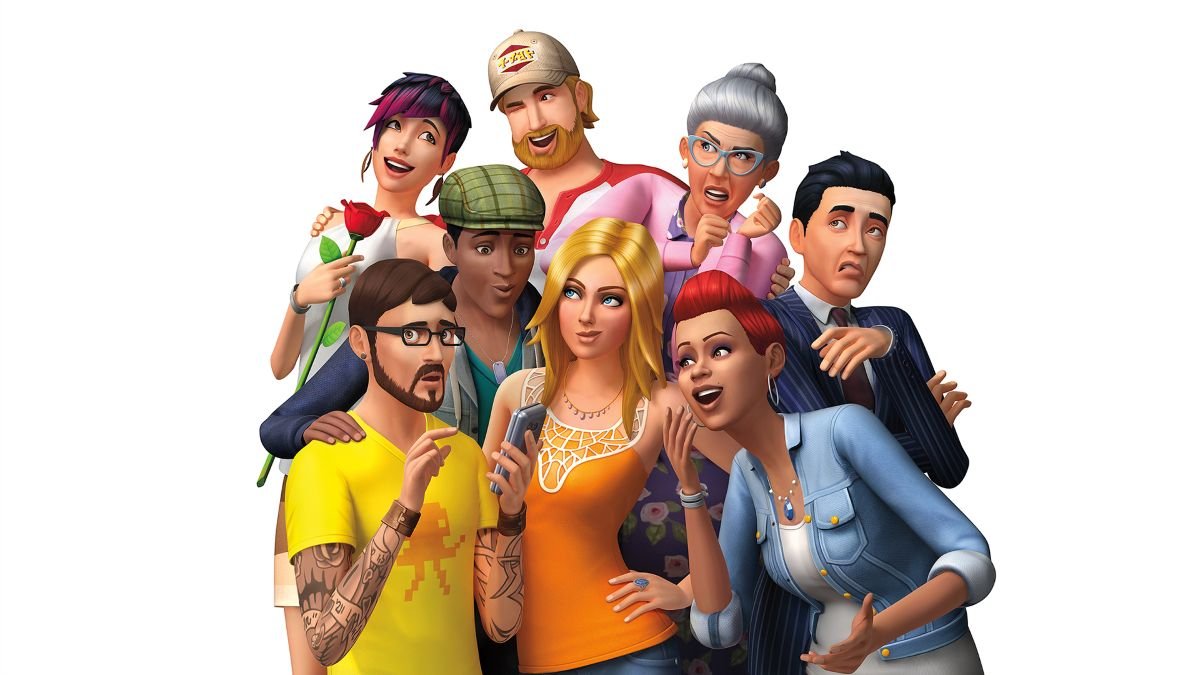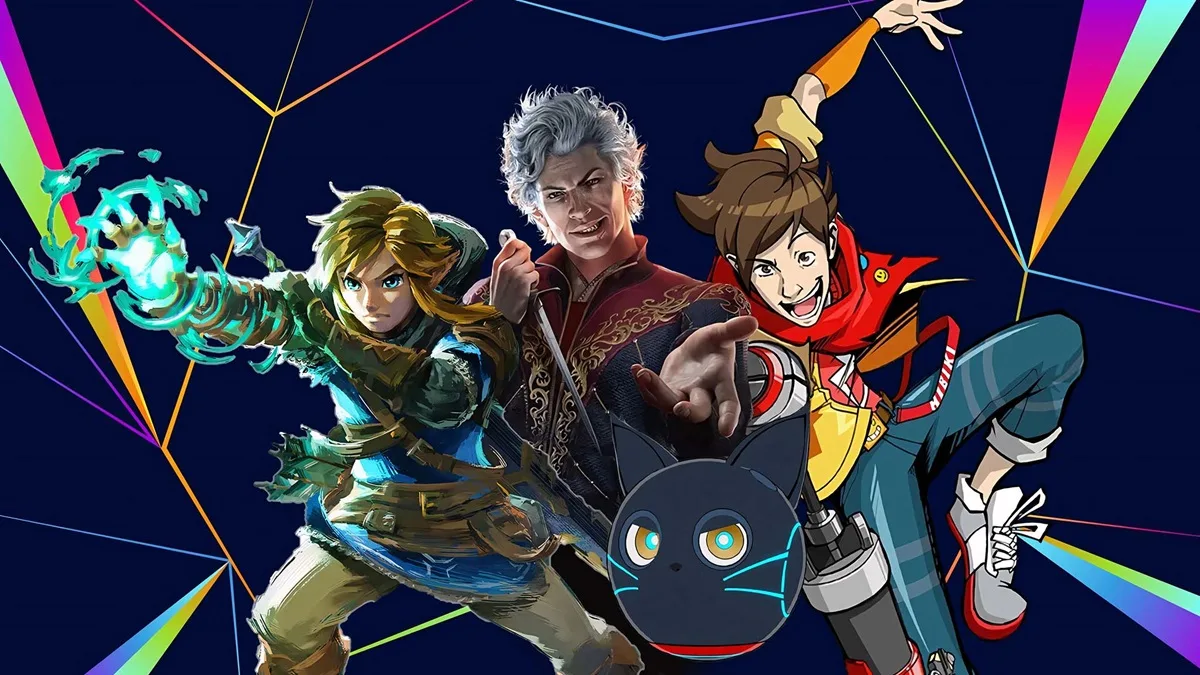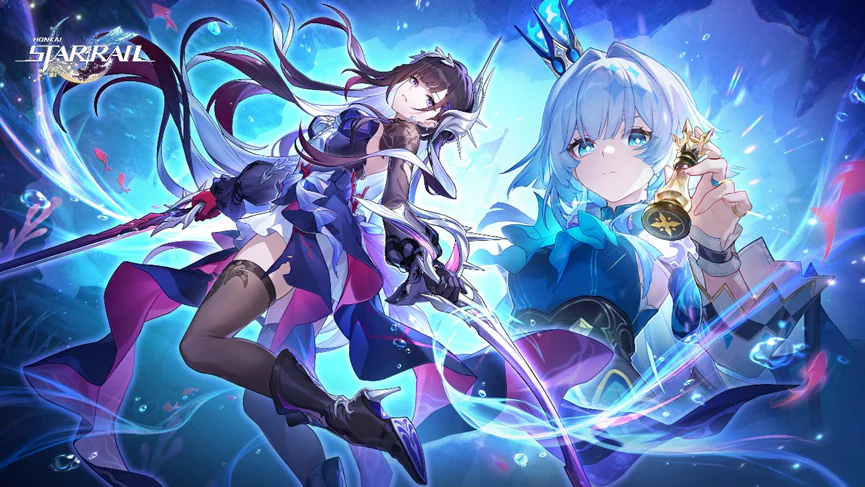In the fast-paced digital age, many people feel connected online but lonely in real life. However, who would have thought that one of the solutions to loneliness could come from gaming? Through a TED Talk titled The Power of Gaming Together in a Lonely WorldLaura Miele, Chief Studios Officer at Electronic Arts (EA), explains how multiplayer games can form strong and meaningful social connections.
Games as a New Social Space
Laura Miele opened her presentation by touching on a common phenomenon: many people feel lonely even though they are surrounded by others, both on social media and in the work environment. However, she pointed out that games, particularly multiplayer games, have become a space where many individuals can feel emotionally connected.
Gaming is no longer just personal entertainment. Many gamers build true friendships through platforms like Apex Legends, FIFA, or The Sims Online. In fact, there are gamers who have found life partners, true friends, and communities that support them in difficult times, all from in-game interactions.
Corroborating Data and Real Stories
Miele doesn't just speak from the point of view of big gaming companies. He also presents real-life stories of players who have experienced the social benefits of gaming together. For example, one person facing mental illness found a support group that actively played games every night-a kind of "virtual family" that saved his life.
He also cited the results of EA's internal survey which showed that over 70% gamers felt that happier and more socially connected after playing multiplayer games. This proves that video games can be an important tool in improving mental health and emotional well-being.
Changing the Old Paradigm of Gaming
Over the years, gaming has often been blamed for social isolation or even addiction. However, Laura Miele flips the narrative. She shows that games can be a unifying tool, especially for people who struggle to build relationships in the real world, whether due to social impairments, health conditions or geographical barriers.
Features like voice chat, guild system, and online matchmaking allows players from different backgrounds to connect on the same mission or match. They work together, give each other strategies, and indirectly build a sense of belonging and trust.
The Potential of Games for a Social Future
Miele emphasized that game developers have a great responsibility to create inclusive and supportive experiences. With good design, games can be a bridge across cultures and generations. He also suggested the integration of features such as automatic moderation, safe chat, and positive value-based community as a concrete step to strengthen the social role of games.
It's not just about making games more player-friendly, but also treating games as digital public spaces-places where empathy, collaboration, and friendship can grow, just as they do in the real world.
Relevance in the Midst of Global Loneliness Crisis
Since the global pandemic hit, the crisis of loneliness has become more apparent. Many people are missing out on direct social interaction. In this context, multiplayer games have emerged as one of the alternative paths to maintain social relationships.
Laura Miele points out that video games have become a kind of emotional bridge. He said that people who feel they have "no one" can find a new community of support through gaming.
Even outside the pandemic, many individuals experience social isolation due to disability, limited mobility, or psychological distress. Multiplayer games provide new hope-a digital medium that not only distracts, but heals.

Challenges and Opportunities
Even so, Miele is also aware of the challenges. The gaming world is not always welcoming. Toxicity in voice chat, online harassment, and discrimination are still serious problems. Therefore, he calls on the developer and gamer communities to come together to create a healthy ecosystem.
Instead of being a scary space, gaming should be a safe place where anyone-of any race, gender, or social condition-can feel accepted and valued.
Games are not just entertainment, but also hope
Laura Miele's TED Talk reminds us that multiplayer games have great potential as social tools. It's not just a medium of escape, but also a space where real relationships are formed. When many people feel lonely in a crowded and busy world, games can be a new harbor for more human connections.
In the hands of developers and a community of caring gamers, games can be a medium that unitesIt's not about dividing, it's not about separating. It's not just about scores or winning, but about building trust, solidarity, and a spirit of mutual support-all of which can start from one simple multiplayer game.



